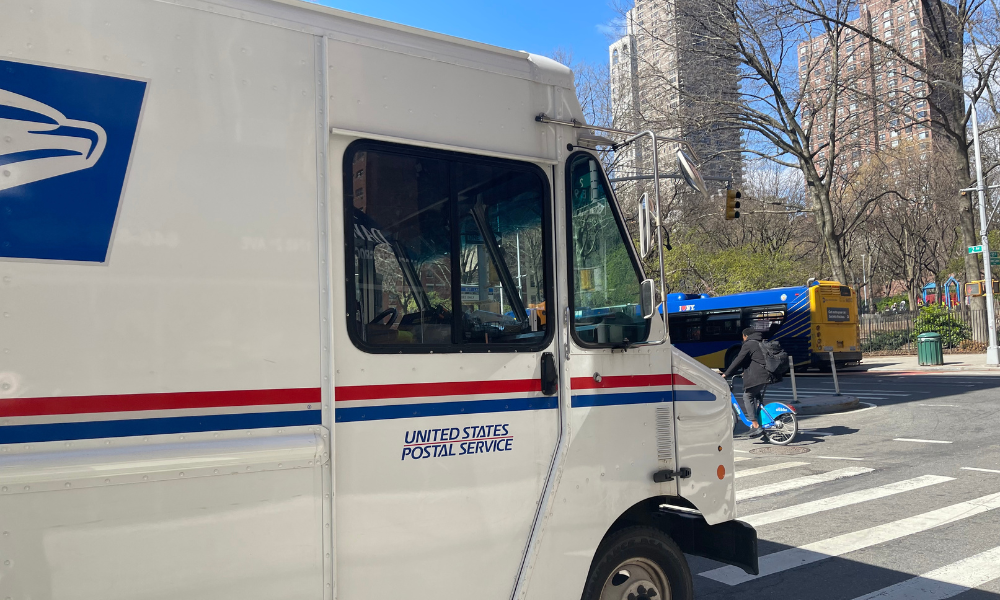
Postal worker not keen to work Sundays, claimed it's meant to be 'Lord's day'

A former U.S. Postal Service letter carrier is taking his former employer to the Supreme Court next week, claiming that the agency discriminated against him and his religious beliefs.
Gerald Groff – a former Mennonite missionary and son of a truck driver – claimed that, in 2019, his employer made him choose between practicing his faith or a paycheck distributing packages. So, he resigned.
"I didn't really think I should have to quit. I really expected the post office to find a way to accommodate me and make it work for both them and myself," Groff said in an ABC News report.
The Postal Service does not deliver mail on Sundays. However, since 2015, it has been contracted to deliver packages for Amazon. This arrangement has been “a major source of revenue” for USPS in the face of declining traditional mail, according to the report.
Initially, the local postmaster accommodated Groff. Groff picked up an extra route in exchange for the postmaster tapping substitute carries for Groff’s Sunday shifts. A year later, however, his boss told Groff that he will no longer be accommodated.
"She said, ‘I'm not going to put up with your [expletive] this year,’" he said in the ABC News report. "And she said, basically, ‘You're going to have to find another job or you're going to work Sundays this time.’"
The arrangement, however, meant that Groff would have to work on the Sabbath.
"They began to ask people in my position to deliver on Sundays or holidays, and I told them, 'I'm not going to be able to work on the Lord's day at all,'" Groff said. "The Bible says that we're supposed to keep the Lord's day as unique and holy, a day that's set apart to worship and honor God."
Previously, the U.S. Court of Appeals for the Second Circuit upheld the dismissal of a lawsuit brought by an employee who claimed he was discriminated against on the basis of religion for refusing to attend LGBTQ anti-discrimination training.
Previously, HRD detailed five ways HR can support employees observing Ramadan.
Should the Supreme Court side with Groff in his case, there could be a sweeping impact, even on non-observant workers, Rachel Laser, president and CEO of Americans United for Separation of Church and State, told ABC News.
"This case opens the floodgates to every employee in the workforce being forced to carry the burden of someone else's religious practices," said Laser.
This could, for example, empower pharmacists to not fill birth control prescriptions, she said, according to the report.
"This would lead to special favor for some of us and asking the rest of us to carry the harm of what someone else is imposing on us."
These concerns, however, are overblown, said Groff's attorneys.
"Why in the world do you want to get rid of the guy who's going to deliver on Thanksgiving Day and deliver two shifts on a Saturday and go into the night all the rest of the days [of the] week over a few Sundays that we can always schedule around?" asked Hiram Sasser, executive general counsel for First Liberty Institute, in the ABC News report.